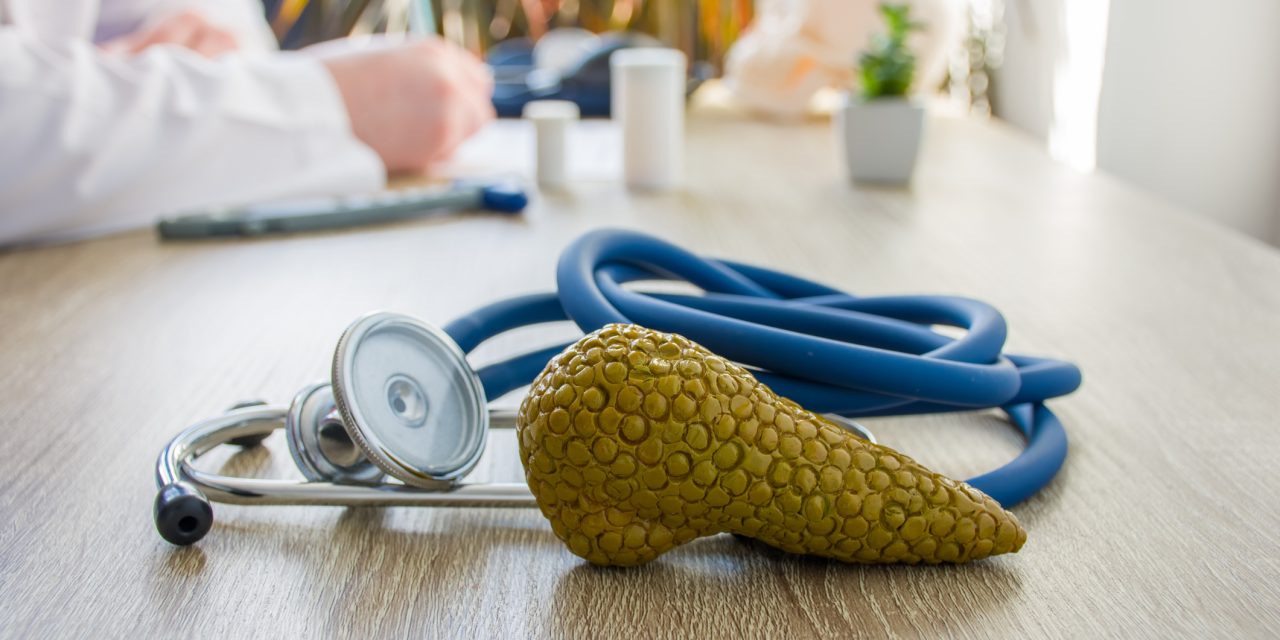To investigate the potential development or metabolic risk in offspring derived from mice with transplanted frozen-thawed ovarian tissue.
Mice ovaries were intervened by vitrification (group V) and slow-freezing (group S) cryopreservation and orthotopic transplantation. Orthotopic transplantation of fresh ovarian (group F) and natural mating (group C) served as control groups. The fertility restoration and health conditions of generations were assessed by offspring counts, anti-fatigue and motor ability, and organ morphology. The methylation rate and expression level of imprinted genes (IGF2R, H19, SNRPN, and PLAGL1) were used to predict the potential risk of development in transplanted generations.
Both the percentage of normal morphological follicles in different developmental periods and the litter size of receipt mice were comparable in all three transplanted groups. There was no significant difference in offspring mice’s birth defects, body weight gain, anti-fatigue ability, or exercise capacity among the four groups. The methylation rate of IGF2R, H19, and PLAGL1 showed a significant variation in cryopreservation groups as compared with control groups, as well as a difference in gene expression. The SNRPN appeared to be stable in methylation status. There were no differences in mRNA expression in all groups.
The different ovarian tissue cryopreservation methods did not influence either maternal fertility function or offspring growth. However, these technologies could affect the methylation rate and expression level of some development-related imprinting genes in the offspring, which may lead to some indeterminacy risk.
The growth and development conditions in mouse offspring derived from ovarian tissue cryopreservation and orthotopic transplantation.


